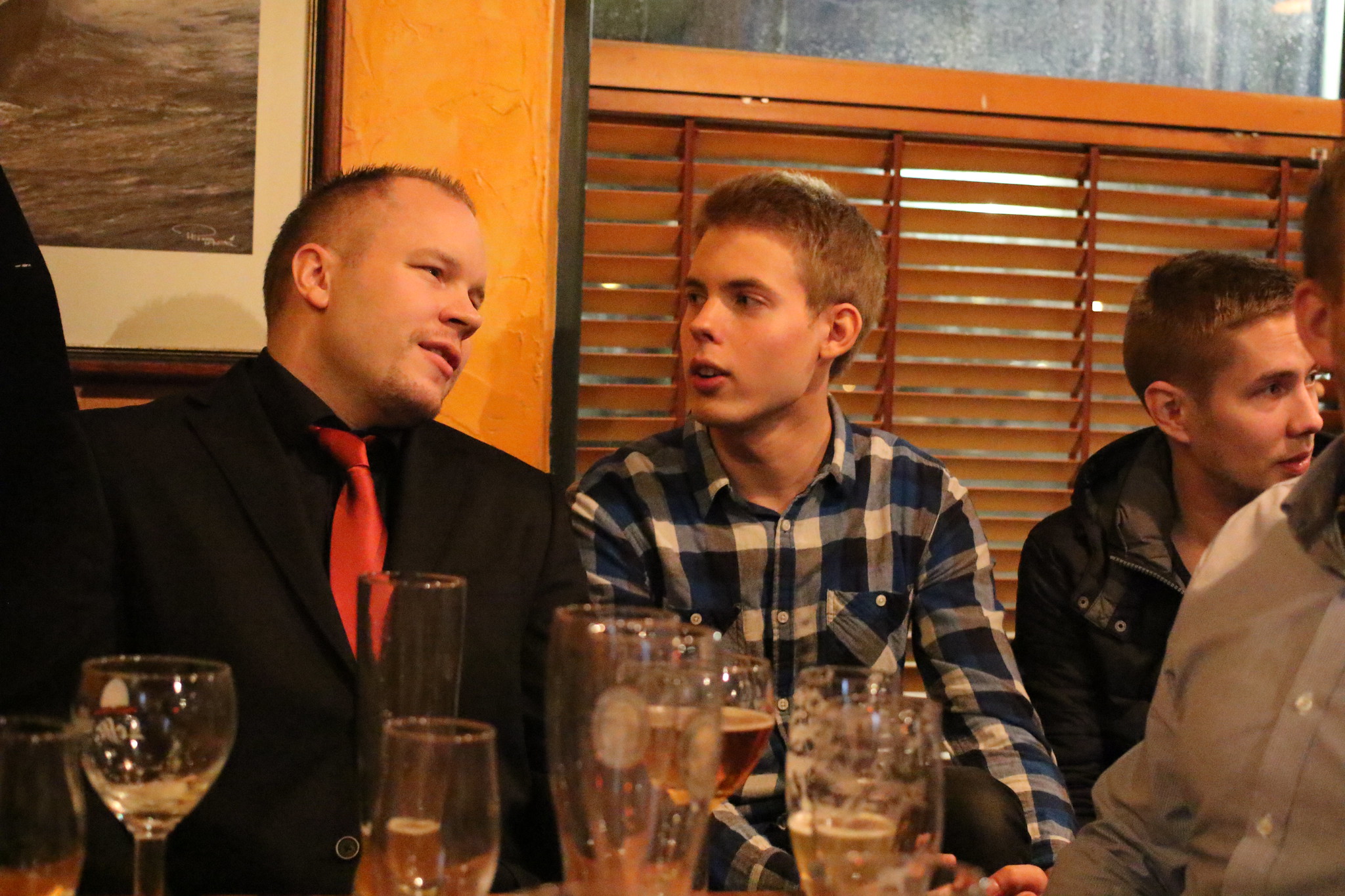Over the past couple years, I’ve been focused on the question of whether and why individuals are resistant to talking about sex. In particular, people seem most comfortable discussing sex with their peers and close friends, but even then they do not necessarily communicate freely and honestly. This is the topic of a newly published article of mine, found in Sexuality & Culture.
To answer this question, I conducted a survey experiment. I created an online survey, and I randomly showed participants one of two hypothetical scenarios before asking them about their willingness to be honest in such a situation. In the first scenario, participants imagined themselves with their close friends discussing details of their personal lives. In the second scenario, the scene was the same but the topic of sex came up. Because of this random manipulation, I was able to statistically compare people’s responses between the two scenarios.
Overall, people said they were no more resistant to speak openly when the topic included sex compared to when it was just personal information. However, people who identified as homosexual, queer, or another non-normative sexual orientation tended to report higher resistance with the sexual topic compared to the nonsexual topic.
As you might have noticed, I am never very eager to label people at all, let alone in categories of sexual orientation. There is far more variation and difference among people than can be captured by these categories. Furthermore, since these categories of identity are self-reported, they don’t necessarily mean the same thing for every person surveyed, and they may not reflect a common lived experience. For example, not every man who has sex with men calls themselves a homosexual. In the same way, not everyone identifying as a homosexual has the same sexual experiences.
So, I tried looking at the puzzle in a different way. Instead of considering differences between groups in my study based on their self-identified sexual orientation, what if I looked for differences based on mental distress? Many of the negative outcomes associated with sexual orientation are linked to mental distress—specifically anxiety and depression. It turns out that people with higher levels of mental distress also report higher resistance to being open when the topic is sex compared to when the topic is nonsexual. This relationship extends above and beyond the fact that people with anxiety and depression often are less likely to communicate with their friends in general. Furthermore, the effect of mental distress seems to explain more of the barriers to communication than the sexual orientation categories explained.
It seems that, indeed, sex is a special case. At least from this study, being honest about sex is more difficult for some people than being honest in general. What makes sex more difficult to talk about might be related to anxiety and depression. I can only speculate about the causes at this point, but it seems like the social pressures that lead people to experience anxiety and depression may be intimately tied to their sexual selves. In other words, sexuality holds a unique position when it comes to our self-image and self-identity.
You can get special access to the full text of my article here.
“Friends talk” by Henry Söderlund is licensed under CC BY 2.0 .

Leave a Reply